OpenAI vs DeepSeek: Uncovering AI's Controversial Clash
Discover the unfolding controversy as OpenAI accuses DeepSeek of unauthorized use of its AI models, shaking the foundations of the tech industry.
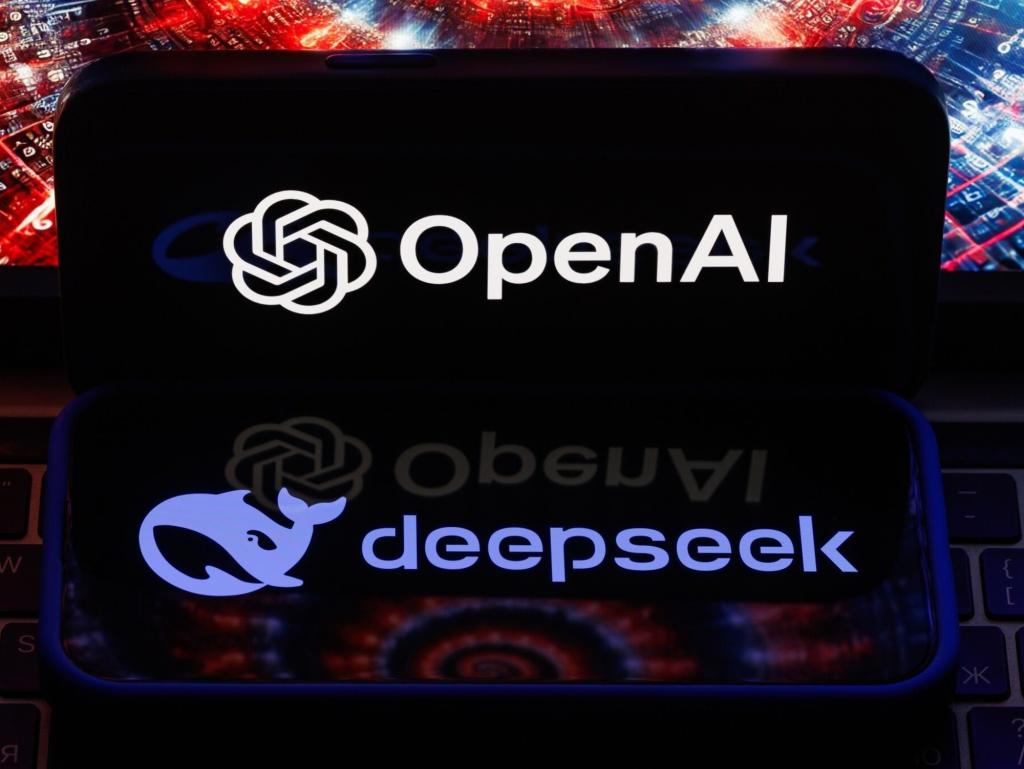
Key Points
- OpenAI
is investigating DeepSeek for allegedly using its API to extract data and train AI models, potentially violating service terms.
- The controversy has led to significant market impacts, resulting in a $1 trillion loss for various tech companies due to DeepSeek's rising competitiveness.
- The situation highlights the urgent need for clear ethical guidelines and regulations in the rapidly evolving AI industry to protect intellectual property.
The landscape of artificial intelligence (AI) is constantly evolving, with new players emerging to challenge established giants. In recent weeks, a significant controversy has unfolded between OpenAI, the developer behind
, and DeepSeek, a rising Chinese startup. At the heart of this issue is the allegation that DeepSeek may have engaged in unauthorized use of OpenAI’s proprietary technology. This situation not only raises ethical questions but also highlights the complexities of the AI industry's competitive landscape.
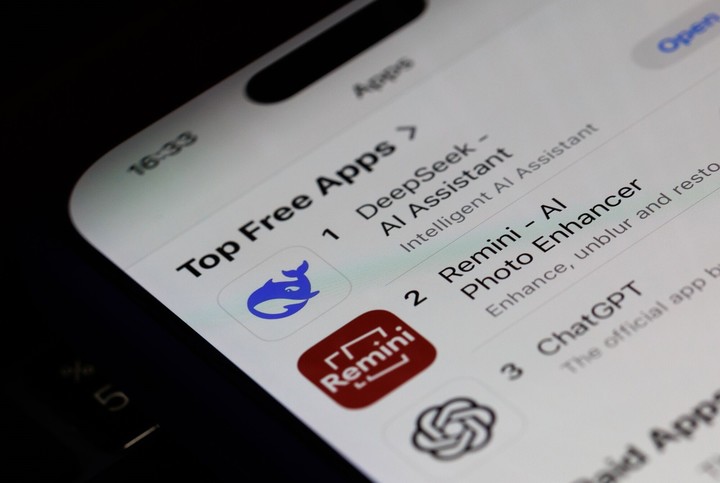
The Allegations Against DeepSeek
OpenAI claims that DeepSeek might have utilized its application programming interface (API) to extract a substantial amount of data without authorization. Reports indicate that
, a significant investor in OpenAI, discovered suspicious activities where individuals connected to DeepSeek allegedly siphoned data using OpenAI’s API during the fall of last year. This could potentially violate OpenAI's terms of service, which strictly prohibits the use of outputs to train competitive models.
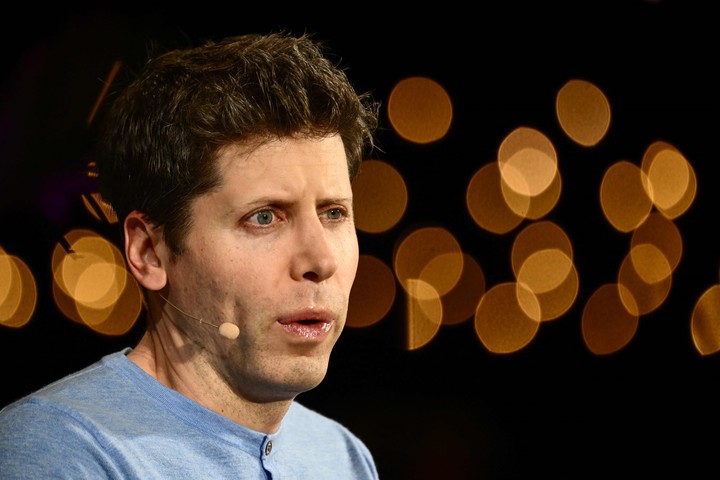
The technique under scrutiny, known as "distillation", involves training smaller AI models based on the outputs of more advanced systems. While distillation can be a legitimate method in AI development, concerns arise when it crosses ethical boundaries, especially when it involves proprietary technologies.
The Impact on the AI Market
The revelations regarding DeepSeek’s activities have sent shockwaves throughout the tech industry. Following DeepSeek's remarkable performance—which some reports suggest rivals that of OpenAI and
—the valuation of several major AI companies suffered a steep decline. In a single day, market losses amounted to a staggering $1 trillion, prompting investors to recalibrate their expectations for the future of AI development.
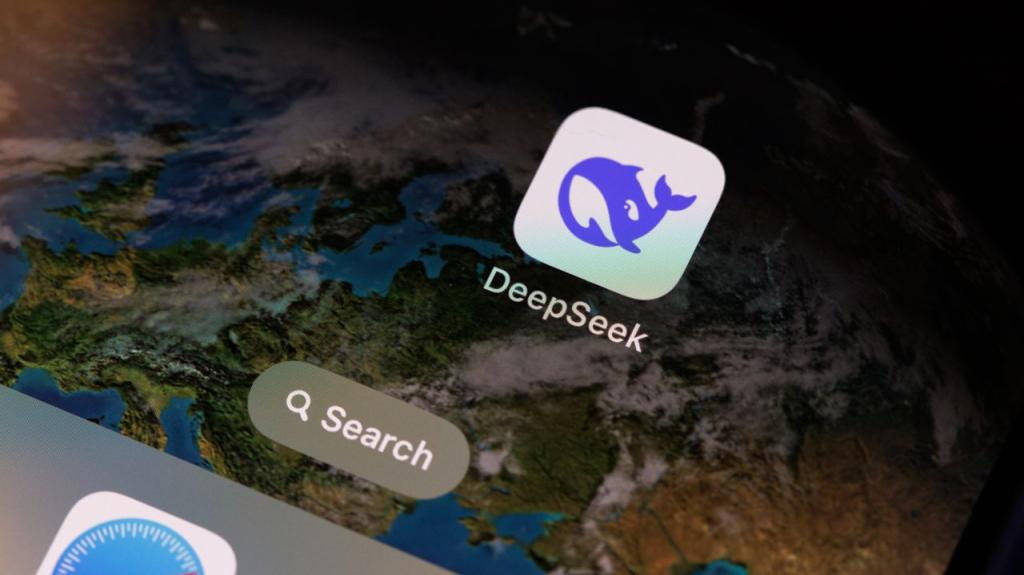
DeepSeek's R1 model, designed to mimic human reasoning, boasts a significantly reduced operating cost compared to its competitors, positioning it as a formidable challenger. This shift raises critical discussions about the sustainability of established AI companies, especially when new entrants can deliver advanced capabilities at lower prices.
Ethical Considerations in AI Development
This controversy underscores the need for a robust framework governing AI innovation. Many voices in the industry argue for clearer regulations to ensure ethical practices are upheld. As
, a technology advisor from the former Trump administration, pointed out, there is "substantial evidence" suggesting DeepSeek may have inappropriately extracted knowledge from OpenAI's models. Such claims cast a shadow over the integrity of AI advancements and intellectual property rights.

A fair balance must be struck between fostering innovation and protecting creators' rights. Establishing ethical guidelines will not only benefit companies like OpenAI but also ensure fair competition in the AI ecosystem.
The Road Ahead for OpenAI and DeepSeek
As investigations by Microsoft and OpenAI into DeepSeek's alleged activities continue, the outcome will undoubtedly set precedents for how AI companies operate in the future. What remains crucial is how both companies respond to the escalating situation and what measures they take to protect their technologies. Collaboration with government authorities may play a pivotal role in safeguarding the competitive integrity of the AI landscape.
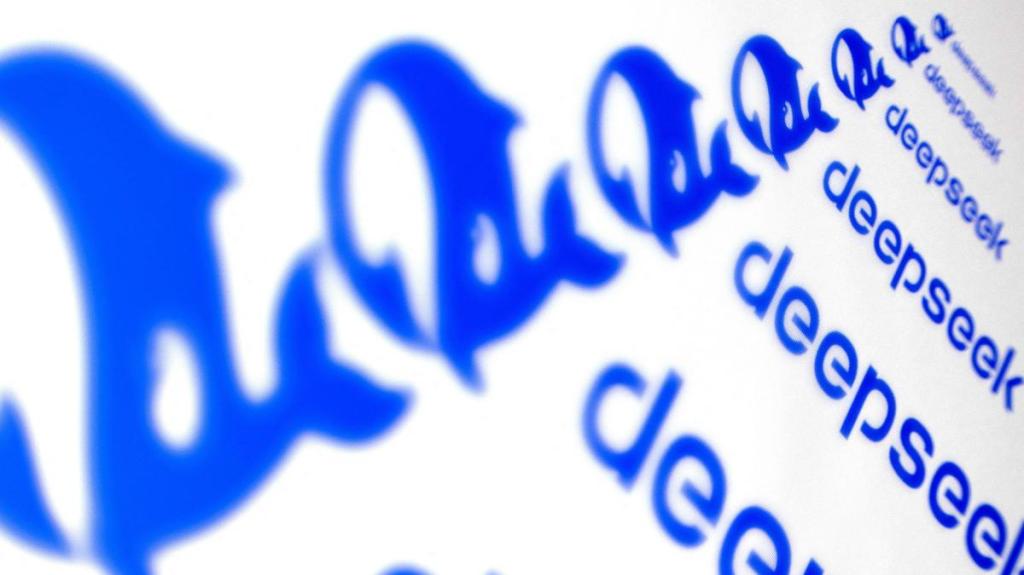
In summary, the ongoing conflict between OpenAI and DeepSeek not only highlights significant issues regarding intellectual property and ethical AI practices but also emphasizes the need for continuous dialogue and regulatory frameworks to navigate the rapidly evolving AI landscape. The industry must learn from these challenges to foster a more transparent and equitable future for all stakeholders involved.


